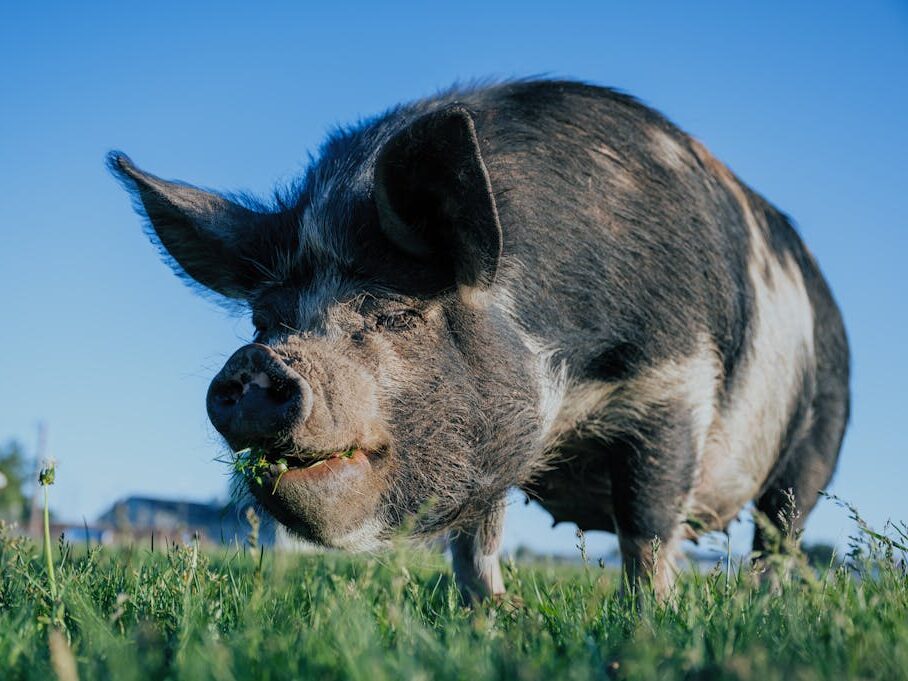
Pigs
From initial registering your pigs through to the final product packaging and labelling.
Updated 7 June 2024
Records & inspections
Before rearing pigs, familiarise yourself with ongoing administrative and reporting duties. You can then keep legally required records and are prepared for inspections.
Keeping records
Good record-keeping is essential to successful pig-rearing. You are legally required to maintain a holding register and medicine records, and you should also keep records of annual herd performance, insurances, inspections, and financial accounts as a business. Financial accounts should contain receipts of your sales and purchases.
Holding register
You must start and maintain a holding register, which includes information such as your CPH number, a log of pig movements, and details of your herd. You must update the number of pigs in your herd annually.
You can keep a holding register:
- Electronically on ScotEID, which is the electronic hub for tracing livestock in Scotland.
- On paper. Check what needs to be included in the holding register.
You must update the holding register within 48 hours of moving pigs to or from your farm, and keep the records for at least three years. This applies even if you stop keeping pigs.
Moving pigs
Any time you move pigs from or to your farm, you must document the move on the ScotEID database. You must do this before the move or on the day of the move, and all of the pigs moved will need to be marked with identifiers (see ’Marking pigs’).
You can also notify ScotEID via phone or in writing, but you will have additional administrative duties when notifying in writing.
After entering the move on ScotEID, you will be able to print off a movement document.
Movement documents must accompany pigs when:
- They are less than 12 months old and moved with a temporary mark
- They are being moved to England, Wales or Northern Ireland
See also ’Pig movement restrictions’.
Medicine records
You must keep records of any medicine given to the animals for five years. There are legal requirements for what information must be kept in medicine records, and you need to keep purchase receipts.
Check the legal recording requirements for:
- Medicine bought, administered, or disposed by you
- Medicine administered by a vet
- Prescribed medicine products
Read more about medicine records on the Veterinary Medicines Directorate website.
Food sales records
You must keep records of food businesses (e.g., retailers or restaurants) who you have supplied products to or received products from (e.g., your butcher). These records should include:
- What product was supplied and the weight
- Name and address of your food business (inc. owner name & address if different)
- Name and address of receiving food business
- Lot or batch of product
- Date of dispatch
You must update these records daily and keep them as long as until you can reasonably think the food has been consumed. Read more about records for meat food businesses.
You do not need to keep records of individuals consumers (e.g., when selling at farm gate).
Inspections
The Rural Payments and Inspections Directorate (RPID) may come and inspect your farm. These inspections are unannounced, and check that you are complying with legal requirements to have appropriate registrations, keep records and identify your pigs. You must provide them with your up-to-date records and help with sampling your herd.
Find out more about RPID inspections:
- ’Pig identification inspections’, RPID
- ’Veterinary medicines residues inspection’, Veterinary Medicines Directorate
You may also be inspected by the Animal and Plant Health Agency (APHA) for animal welfare, and Food Standards Scotland (FSS) or your local environmental health officer for food safety.